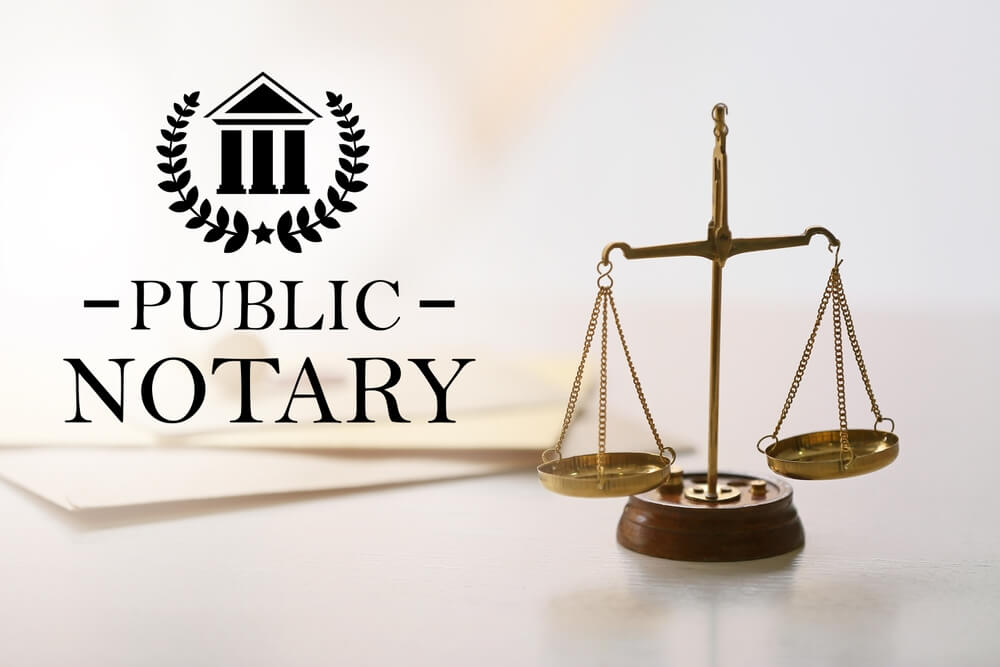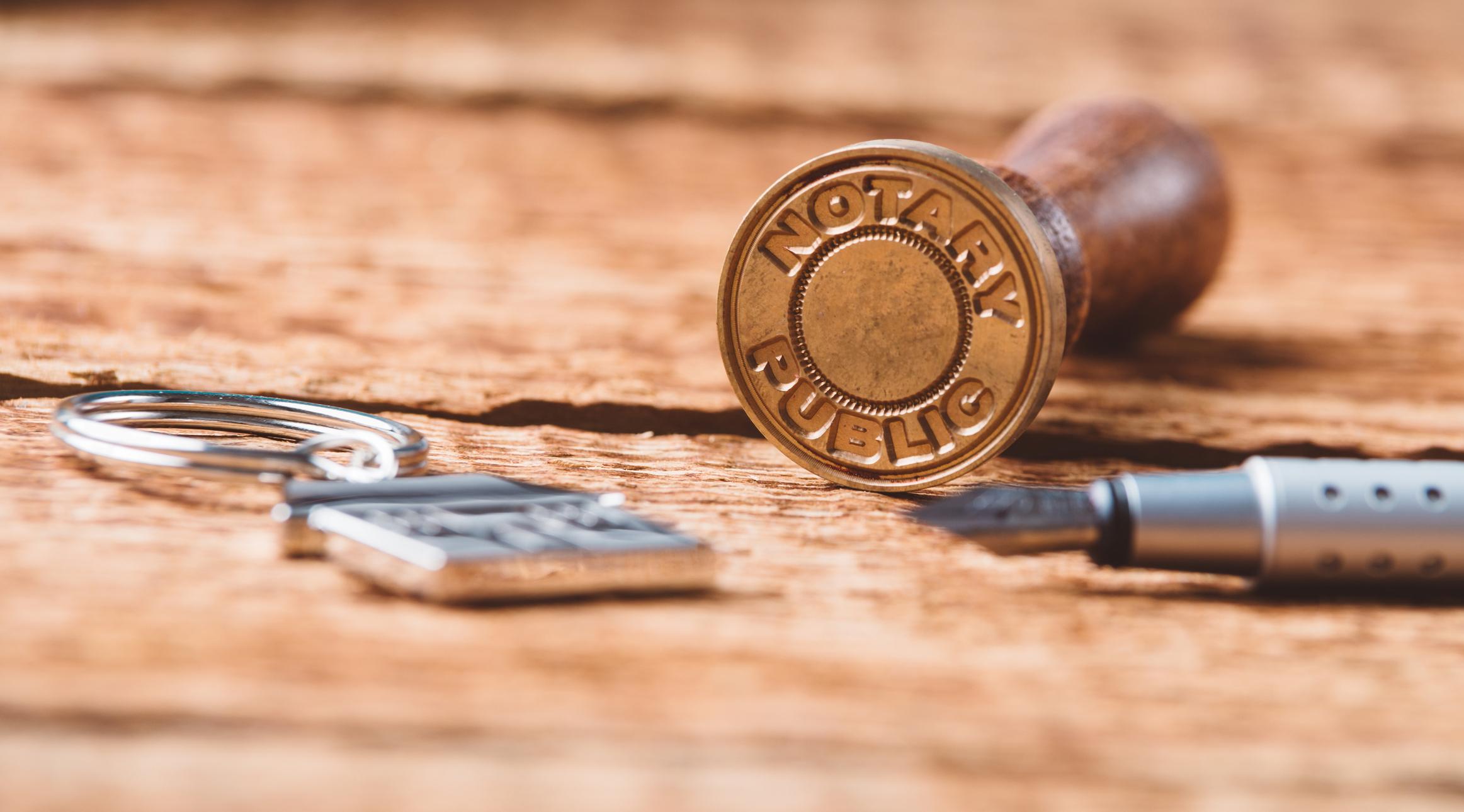Notary Public: Your Trusted Witness and File Authenticator
Notary Public: Your Trusted Witness and File Authenticator
Blog Article
Debunking Notarial Job: Simplifying the Function and Value of Notaries
In the intricate web of lawful documents and verification, notaries stand as pillars of guarantee and credibility. Their duty, frequently shrouded in mystery for numerous, lugs considerable weight in making certain the credibility and stability of essential files. As guardians of legitimacy and reality, notaries play a pivotal component in our culture, yet their job is not constantly fully recognized. By unwinding the complexities shedding and surrounding notarial practices light on the relevance of their acts, a more clear understanding emerges of the essential function notaries play in supporting the material of lawful and contractual arrangements.
The Background of Notarial Job
Exactly how did notarial work advance with time to become an integral part of lawful and company deals? The background of notarial job days back to ancient human beings, where scribes played a vital function in tape-recording essential information and validating files. As cultures proceeded, the need for a more formalized system to make sure the credibility of agreements arose. This brought about the growth of notaries, people selected by the state to function as impartial witnesses in legal matters.
During the Middle Ages, notaries acquired prominence in Europe, with their functions broadening to consist of drafting legal records, accrediting trademarks, and protecting records. The surge of international trade further emphasized the value of notarial job in verifying contracts and arrangements across borders.
In the modern age, notaries remain to play a crucial duty in lawful and organization transactions by verifying identities, verifying the authenticity of records, and preventing fraud. Their function in licensing the legitimacy of contracts adds a layer of protection and trust to the ever-evolving landscape of commerce and law.

Obligations and Obligations of Notaries
The historic evolution of notarial work from old civilizations to the modern-day period has actually formed the distinct tasks and obligations that notaries promote in legal and service deals today. Notaries play an important role in confirming the credibility of papers and the identity of signatures. One of their main responsibilities is to witness the finalizing of crucial papers, such as deeds, wills, and contracts, to ensure that all events are becoming part of contracts purposefully and willingly. Notaries likewise confirm that notaries are of sound mind and not under duress or coercion.
They license duplicates of original documents, providing assurance to organizations that the duplicates are true replicas of the originals. In general, the responsibilities and responsibilities of notaries are important in protecting the stability and legitimacy of different records and purchases - DIRCO.
Notarial Certificates and Signatures
Exhibiting meticulous focus to information, notarial certificates and trademarks act as crucial parts in verifying the credibility of legal documents. Notarial certifications commonly have important information such as the date of notarization, the names of the signatures, a description of the document, and the notary's official seal. These certifications offer a clear document of the notarial act, ensuring that the document can be quickly identified and mapped back to the notary that managed the process.
Trademarks play a critical duty in notarial job, as they symbolize the agreement and consent of the celebrations included. Notaries carefully witness the finalizing of documents to validate the identity of the signatures and verify that they are authorizing of their own complimentary will. By affixing their main seal and signature to the record, notaries certify that the necessary procedures have actually been adhered to which the record is enforceable and legitimate.
Fundamentally, notarial certificates and trademarks are the hallmark of authenticity in lawful purchases, supplying guarantee to all parties included that the papers are genuine and binding.
Relevance of Notarial Acts

Registration Refine Clarified
The registration process normally starts with the individual offering the document to a notary public. Once the identification is verified, the notary makes sure that the individual Apostille signing the paper does so voluntarily and without any kind of coercion.

Final Thought

Notarial certifications usually have essential info such as the day of notarization, the names of the notaries, a summary of the record, and the notary's main seal. These certifications give a clear document of the notarial act, making certain that the document can be easily determined and traced back to the notary who managed the procedure.
By affixing their main seal and trademark to the document, notaries certify that the necessary procedures have actually been complied with and that the paper is enforceable and legitimate.
By verifying the identity of the signatories, verifying their desire to get in into the agreement, and certifying the day and area of the finalizing, notaries play a crucial role in upholding the validity of lawful papers.After the file is signed, the notary will fasten their main seal or stamp onto the file.
Report this page